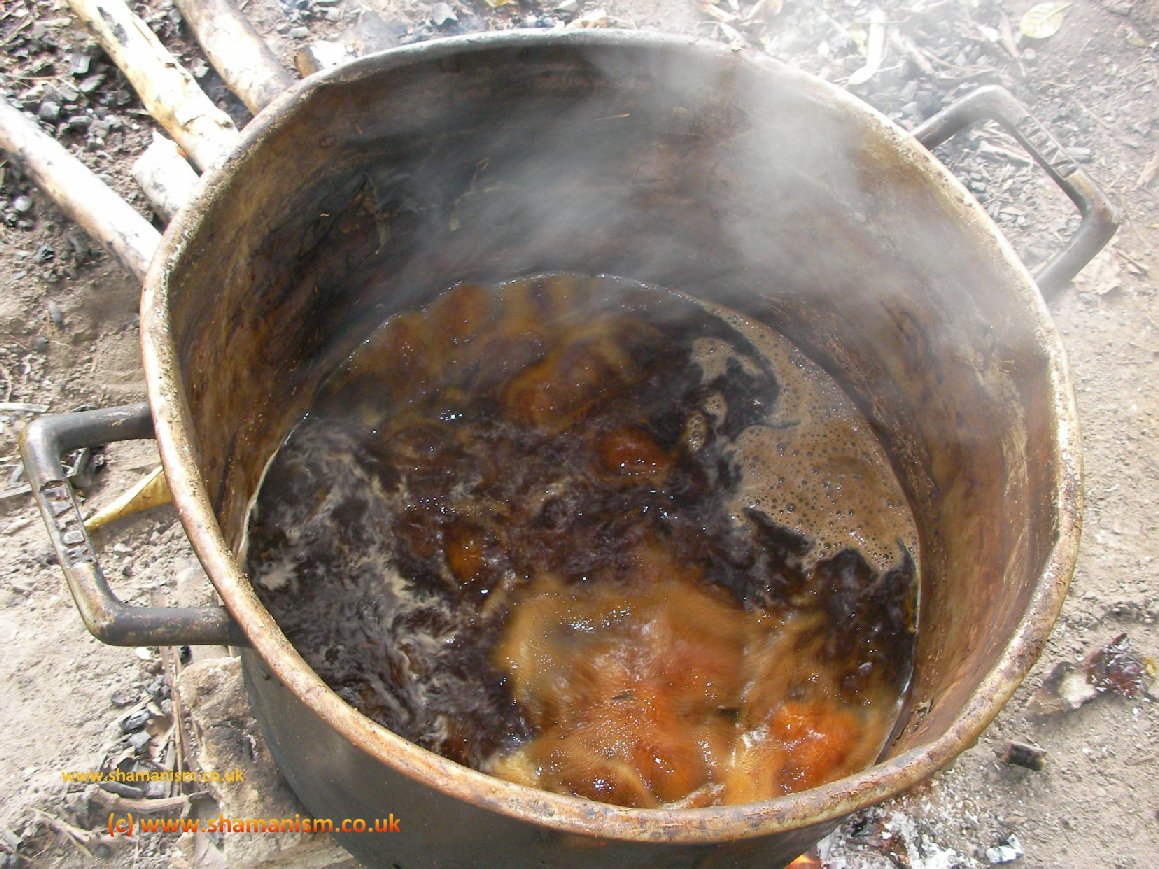Understanding Aiowaska: A Journey Through History, Culture, And Modern Science
In recent years, Aiowaska has gained considerable attention in popular culture, with many individuals seeking to undergo transformative experiences through guided ceremonies. Its use has evolved beyond the traditional settings, and it is now often facilitated by experienced shamans or practitioners in specially arranged retreats. The global fascination with Aiowaska raises important questions about its cultural significance, potential benefits, and ethical considerations. As interest continues to grow, understanding the history, preparation, effects, and legal status of Aiowaska becomes increasingly important for those considering its use or studying its impact. The resurgence of interest in plant-based medicine and therapies has positioned Aiowaska at the forefront of discussions on alternative healing methods. With a rich cultural heritage and a growing body of scientific research, Aiowaska presents a unique intersection of tradition and modernity. This article aims to provide a comprehensive overview of Aiowaska, covering its historical roots, cultural significance, preparation methods, effects, scientific research, and its role in contemporary society. Through this exploration, readers will gain a deeper understanding of Aiowaska and the various factors that contribute to its enduring allure.
Article Recommendations
- Kim Clementonald Trump
- Harry Connick Jr Net Worth
- Taylor Breesey Video
- Bolly4u
- Subhashree Sahu All Seasons Mms
- 2 Actors Died Yesterday
- Sandra Oh Spouse
- Ken Paxton Eye Injury
- David Haydn Jones Wife
- Alex Lagina And Miriam Amirault Wedding

